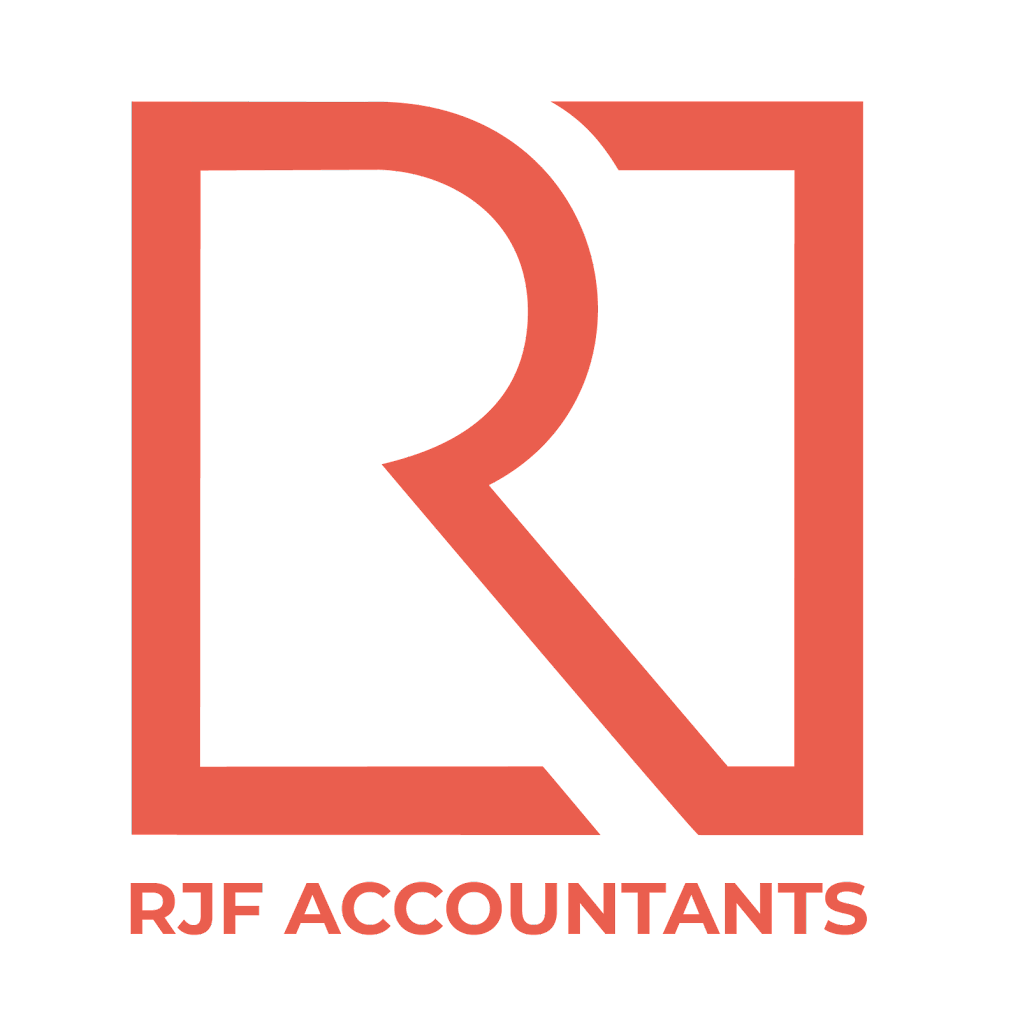I enjoy helping recruitment businesses; they are fast and dynamic, which suits my way of working. Yet in their pursuit of greatness, something may be left behind. The money they pay out, and take in, is just as important as the calls or meetings they’re chasing.
It’s common for recruiters to fall into the same old cash flow problems, because they’re so utterly focused on being great at what they do. But things move quickly in this industry. If you head up your own recruitment agency, you should recruit some sound financial assistance to mediate the stress of poor cash flow management.
There are some easy solutions when debts and investments are dragging your bottom line down… Here are four techniques to ensure you’ll stay afloat.
Blog Contents:
show
Establish (And Stick To) Collection Timetables
Never assume that good revenue projections lead to a stable cash flow. There’s an adage in business: ‘revenue is vanity; profit is sanity; cash is reality.’ When we get to recruitment, placements are vanity, invoices are sanity, but cash remains king. Cementing a repayment schedule, rather than just focusing on gaining new business, pays attention to this fact.
Much of the time, recruitment consultants don’t worry about bringing in the cash when they’re working for an employer. So when they’re on their own, it’s overwhelming. To stay sane, track and set automated reminders for invoice collection. There’s plenty of software to help you do this.

Include ‘Debtor Days’
What are debtor days? Simple – a KPI that indicates how quickly clients pay up. By measuring every source of revenue, month after month, you’ll get a sense of the timeframe you’ll need to provide to hit a revenue target.
To make the yearly calculation, count your trade receivables (money owed), divide that figure by annual credit sales, and multiply that by 365 (representing the business calendar). The resulting total will be the average number of days it takes for clients to pay you. This may be higher than desired, which means you’ll have to improve your cash collection process or limit the amount you charge.
Give Preferential and Direct Payment Options
Rewarding those who don’t let you down is crucial for good financial management. Let’s take a client who’s been with you for 18 months, paying consistently when they’re meant to… Providing they keep to the same behaviour, giving them a 5% discount going forward will benefit both them and you, since it’s a real incentive that pays off the longer you work together.
Also consider direct, online payment methods. The more you push speed and convenience, the happier someone will be to meet their obligations.
Create Various Savings Accounts
VAT, personal and Corporation Tax must be treated on an individual basis so you know exactly what’s ready for HMRC. Cash flow can deceive us if tax isn’t part of the outcome we’re expecting.
Lock down specific tax duties by creating an account for each. Then transfer the percentage of the money you’re collecting to a savings account (or “Crown Account”, as I like to call it) as soon as it arrives in your main business account – and leave it alone!
Outsourcing early will make this easier, which is also true of everything I’ve discussed here. HMRC, for example, allow you to use cash accounting for any income below £1.5m, meaning you won’t have to cover the VAT bill until you’ve been paid by the client. An accountant can really transform the way in which cash runs in and out of your business, because they know exactly what such options may entail, and how to initiate them.
Find out more by talking to RJF Accounting & Business Support. Recruitment is a passion of mine. So let’s see how your own business will benefit from sound, real-world advice.

